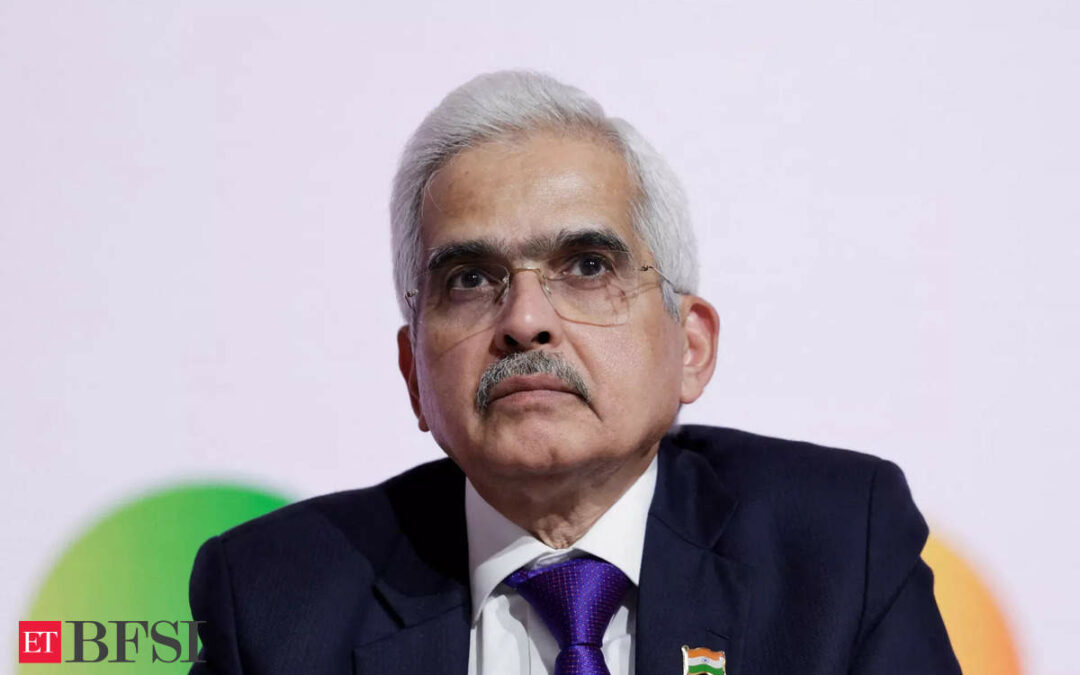Mumbai: Reserve Bank of India governor Shaktikanta Das has proposed linking of UPI (Unified Payments Interface) with Japan’s local fast payment system to bring down the cost of cross-border payments and make them faster.
The proposal comes close to the success of linking UPI with Singapore’s fast payment system Pay Now. The UPI-PayNow linkage for cross-border remittances between India and Singapore was launched in February 2023. Other similar linkages with several countries are work in progress.
“UPI has also spurred the development of new payment-related products and services. Further, linking of the UPI with fast payment systems of other countries is also being undertaken. Linkage of fast payment systems of India and Japan may also be explored to leverage the power of fintech and make cross-border payments more efficient and less costly,” said Das. He was speaking at the symposium on Indian Economy 2023 organised by the Institute of Indian Economic Studies at the Tokyo Chamber of Commerce and Industry, Tokyo, Japan, on November 9, 2023.
“Today, the confidence and trust in India’s prospects are at an all-time high. To seize the moment, India looks at Japan as a close partner to usher in a new era of growth and prosperity for both our countries,” said Das in his speech.
Das also touched upon inflation in India which he said was vulnerable to `recurring and overlapping’ food price shocks. “In these circumstances, monetary policy remains watchful and actively disinflationary to progressively align inflation to the target, while supporting growth,” Das said.
Presently, remittances from Japan make up only a small fraction (0.2%) of the total inward remittance receipts by India. However, the cost of sending remittances from Japan to India through banks is much higher than the United Nations Sustainable Development Goals (UN-SDG) target of 3%. These estimations are based on World Bank’s Remittance.
In his speech, Das said that the RBI’s approach to the FinTech ecosystem is customer-centric, focuses on good governance, ensuring effective oversight, ethical conduct and risk management, and encourages self-regulation by the FinTechs themselves through a Self-Regulatory Organization (SRO).
“Although financial innovation enhances ease of payment and lowers its cost, they also pose risks and challenges to the financial system. These risks have a bearing on overall financial stability and market integrity. We, therefore, intend to play a dual role of acting as promoter of innovation as well as being the regulator. While promoting innovation, our focus is on ensuring a well-regulated ecosystem that addresses systemic risks and challenges,” said Das.
[1] We are constantly working on new use cases of UPI like UPI Lite that has been introduced for offline payments, and UPI123Pay that allows feature phone users to perform UPI transactions. The infrastructure like RTGS and NEFT are also available on 24×7 basis throughout the year. UPI-PayNow linkage for cross-border remittances between India and Singapore was launched in February 2023. Other similar linkages with several countries are work in progress.










